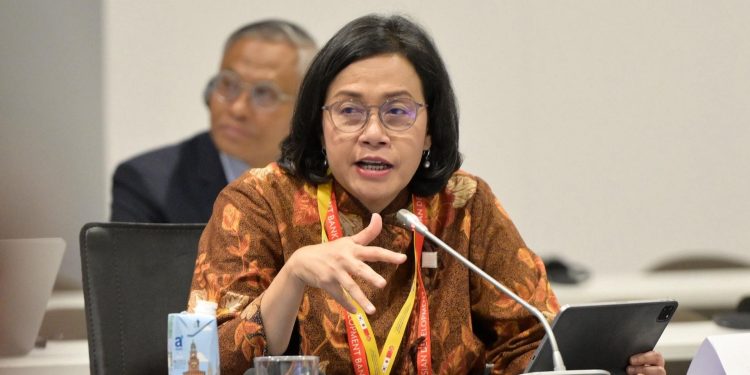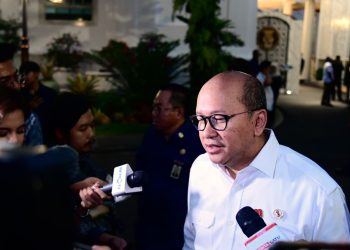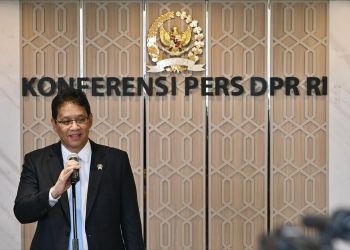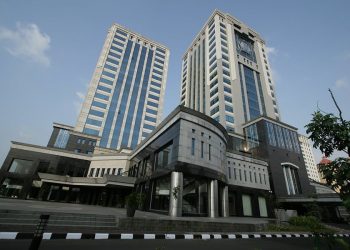Jakarta, Indonesia Sentinel — Finance Minister (Menkeu) Sri Mulyani Indrawati has raised concerns over the impact of global economic instability on the clean energy transition in Indonesia. She warns that ongoing disruptions to global supply chains and weakened investment environments could significantly delay progress.
Speaking during a meeting with the UK’s Special Representative for Climate Change, Rachel Kyte, at the Finance Ministry in Jakarta, Sri Mulyani underscored the complexity of implementing a national energy transition strategy amid growing global economic turbulence.
“If countries lose investment in green energy due to weak economic conditions, it inevitably slows down the energy transition process,” she stated in an Instagram post on Sunday, May 11, quoting from a report by state news agency Antara.
The minister warned that such setbacks could prolong Indonesia’s reliance on fossil fuels like coal, while the destructive consequences of climate change remain unavoidable.
Despite these challenges, Sri Mulyani reaffirmed Indonesia’s commitment to accelerating its energy transition. The government has published a comprehensive energy transition roadmap for the power sector, led by the Ministry of Energy and Mineral Resources, outlining strategic steps to shift away from fossil fuels.
Read Also:
Indonesia Unveils Power Sector Roadmap to Drive Energy Transition
The Finance Ministry has also taken a proactive role, allocating an average of Rp76.3 trillion ($4.8 billion) annually or about 3.2% of the state budget to climate-related spending, according to Bobby Wahyu Hernawan, Head of Climate Finance Policy at the ministry’s Fiscal Policy Agency.
Between 2019 and 2024, the government provided Rp38.8 trillion ($2.4 billion) in fiscal incentives for sectors supporting the green transition, including renewable energy and electric vehicles. That figure is projected to reach Rp51.5 trillion ($3.2 billion) by the end of 2025.
Beyond public financing, the government is urging the private sector to play a greater role by reducing carbon emissions, adopting sustainable practices, and developing green technologies. These innovations include energy efficiency solutions, circular economy initiatives, and carbon footprint reporting.
Businesses are also being encouraged to implement climate budget tagging and participate in carbon pricing mechanisms, now accessible through both domestic and international markets.
(Raidi/Agung)


























